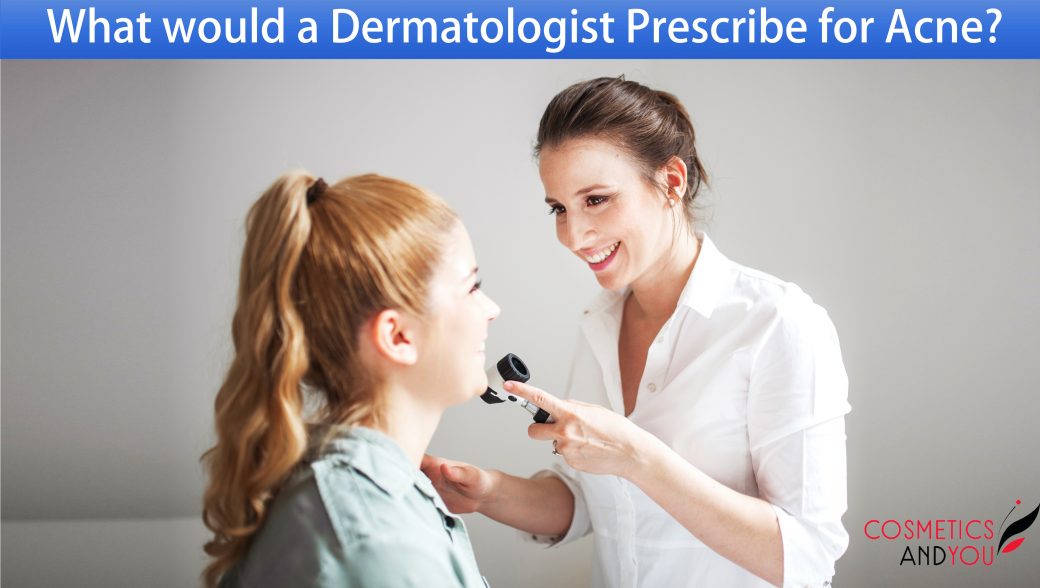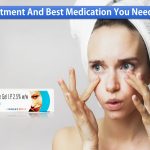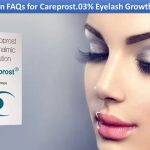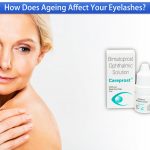Getting overwhelmed with all the acne remedies you find online is easy. Should you use one of the many over-the-counter acne treatments or get a prescription for acne medicine? What is a dermatologist’s best pick for acne, and when do you consult a specialist?
Keep reading to get the answers to these questions and more.
When to consult a dermatologist for acne treatment?
There are numerous reasons for getting a dermatologist’s prescription on how to get rid of stubborn acne:
- You may develop severe acne, such as nodular and cystic acne.
- You have tried several over-the-counter formulations and are still unsatisfied with the results.
- Your acne is getting better but leaving behind dark spots and scars
- You feel less confident or embarrassed because of your acne.
You may have other reasons as well. In short, if you think you could use a dermatologist’s advice on how to treat pimples, that’s reason enough to plan a consultation.
Individuals dealing with severe acne are not dealing with the effects of blemished skin but also because severe acne takes an emotional toll on people who are anxious or embarrassed about their appearance. Over-the-counter formulations, including creams, gels, lotions, and washes, may not be sufficient to manage breakouts effectively. Because acne is genetic, and there is no definitive cure for it. Dermatologists, however, can prescribe effective therapies to help reduce acne’s appearance and lighten the acne scars.
Dermatologist’s prescribed acne treatment
Acne treatment usually depends on how severe it is. It can take several weeks to months of treatment before acne symptoms improve. Treatment options that your dermatologist can recommend include topical and oral medications.
- Tretinoin – Sold under the brand names, Retino A cream and Retin A gel, is an effective remedy for treating acne that’s been used by dermatologists for years. It is a topical retinoid, which unclogs pores, decreases oil production, and reduces inflammation, all of which bring acne breakout. Tretinoin is available in the form of gel and creams that are usually applied once a day before you go to bed. You can find tretinoin gel online at the best price. Applying the retinoids sparingly is important and avoiding excessive exposure to sunlight and ultraviolet rays. Topical retinoids are not suitable for pregnant women, as there’s a risk they might cause congenital disabilities. A six-week course is usually recommended, but you may be advised to continue treatment less frequently after this.
- Topical antibiotics – Antibiotics on the skin kill the bacteria that can affect plugged hair follicles. They are available in gel, or lotion applied once or twice a day. A 6 to 8-week treatment course is usually recommended. After this, you may be asked to stop the treatment as there is a risk that the bacteria on your face could become resistant to the antibiotics you are using. This could cause worsening acne and cause additional infections.
- Azelaic acid – It is an alternative option for treating acne. It is prescribed when the side effects of benzoyl peroxide or topical retinoids are particularly irritating or painful. You can get an Azelaic acid formulation in either gel or cream. It is usually applied twice a day. The good thing with azelaic acid is that it doesn’t make your skin sensitive to sunlight, so you do not have to protect your skin from sunlight.
- Oral antibiotics – Antibiotic tablets are usually used topically to treat more severe acne. Tetracycline is the most prescribed antibiotic unless you are pregnant or breastfeeding. Pregnant or breastfeeding women are usually advised to take erythromycin, which is known to be a safer antibiotic. It usually takes up to six weeks before you notice any visible difference in the appearance of your acne. Depending on how well you react to oral antibiotics, a course of antibiotic therapy can last up to 4 to 6 months. Tetracycline can make your skin sensitive to sunlight and ultraviolet rays and make the oral contraceptive less effective during the initial weeks of the treatment. You will need to use an alternative contraceptive method, such as condoms, during this time.
- Hormonal treatments – Hormonal therapies can often benefit women with acne, especially if the acne flares up around periods or is associated with hormonal conditions s such as polycystic syndrome. If you do not already use it, your dermatologist may recommend the combined oral contraceptive, even if you are not sexually active. This combined medicine can often help improve the appearance of acne in women, but it may take up to a year to see a significant change.
Takeaway
You don’t have to live with severe acne and risk getting scars on your face. Many treatment options can bring your breakouts under control. Working with your skincare expert to decide on a treatment plan specific to your needs is key. Buy a ret gel .05 online from Cosmeticsandyou at an affordable price.





